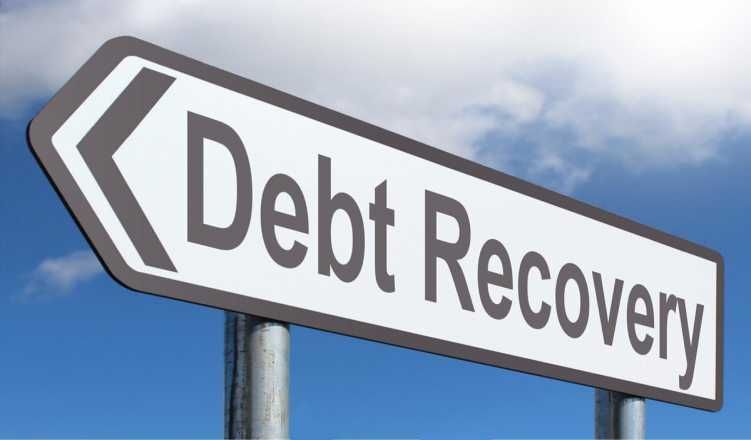
Legal Debt Recovery in India
When debt cannot be recovered, it turns into bad debt. Normally the terms “Debt Collection” and “Debt Recovery”, in collection the creditor tries to recover consumer credit and loans that have not been paid back, whereas recovery is when the creditor hires a third party to recover such debt when it goes unpaid for a substantially longer time period. Many times there is a security that is given by the borrower to the creditor, but when that asset which becomes liable to be used as means to pay back the debt is unable or incapacitated to do so, recovery becomes important
There are varied legal as well as non-legal methods to recover a debt. The non-legal ways include personal contact with the borrower or sending agents to recover the money, etc.
The legal ways include:
1) Out of Court settlement: Arbitration, Mediation, and conciliation is an efficient and quick way to resolve recovery disputes outside the Court. These quasi-judicial proceedings are governed by The Arbitration and Conciliation Act 1996
2) Civil Remedy: A civil suit can be filed in any Court which has the appropriate jurisdiction by any aggrieved party against the defaulter
3) Criminal Remedy: FIR can be lodged in the local police station that can take cognizance of the matter in serious cases. After this, a criminal case can be filed to carry on the legal proceedings
The laws that govern the debt recovery in India are:
1) Indian Contract Act 1872: Dishonoring of contract amounts to the majority of debt recovery cases in India. Section 17, 18, 124, 126 and 73 can be invoked for varied reasons like misrepresentation, fraud, compensation for breach of contract, etc
2) The Indian Penal Code: Criminal breach of trust under section 405 and 406, cheating and dishonest misappropriation of property are some grounds that are available for any aggrieved party to approach the Court under the penal law
3) RDDBFI Act: If the aggrieved party is a financial institution, bank or even a private finance company, this Act provides for the establishment of various Tribunals to look into debt recovery cases
4) SARFAESI Act: The Act is enacted with the objective to regulate securitization and reconstruction of financial assets. Establishment of Asset Reconstruction Companies is also one of the unique provisions of this Act
5) Negotiable Instruments Act: Instances like section 138 for the dishonor of cheques, a legal notice is first issued under this Act and later the proceedings are initiated
6) Arbitration Act: When the parties expressly insert an arbitration clause or decide to adopt arbitration as means of resolving the dispute, then in such cases section 7 can be invoked for settling the matters in this quasi-judicial process
There are varied legal requirements to invoke any form of debt recovery proceedings under these Acts, for example; a summary suit under CPC order XXXVII if debt amount does not exceed Rs.10, 00,000/- or IBC can be invoked only when the other party goes bankrupt.
Debt Recovery Tribunals and Debt Recovery Appellate Tribunals were established under the RDDBFI Act to assist and look after these debt recovery proceedings. Eventually, laws like SARFAESI and IBC were enacted to further refine their workings
ARRMS is one of the best debt recovery firms in India that provides integrated assistance for any and all types of debt recovery methods. Get in touch with us to have all your quires for debt recovery solved!
